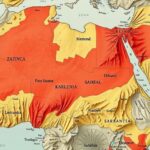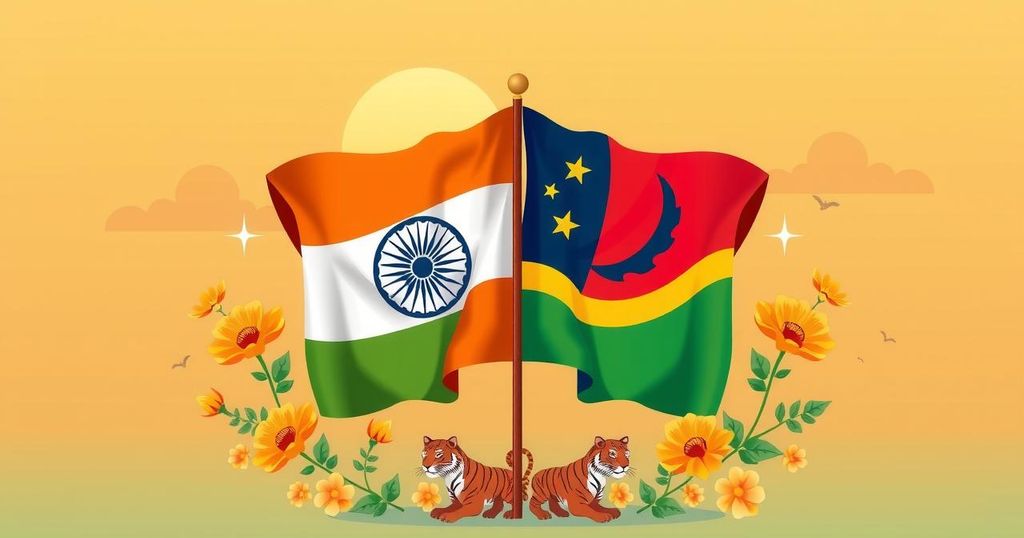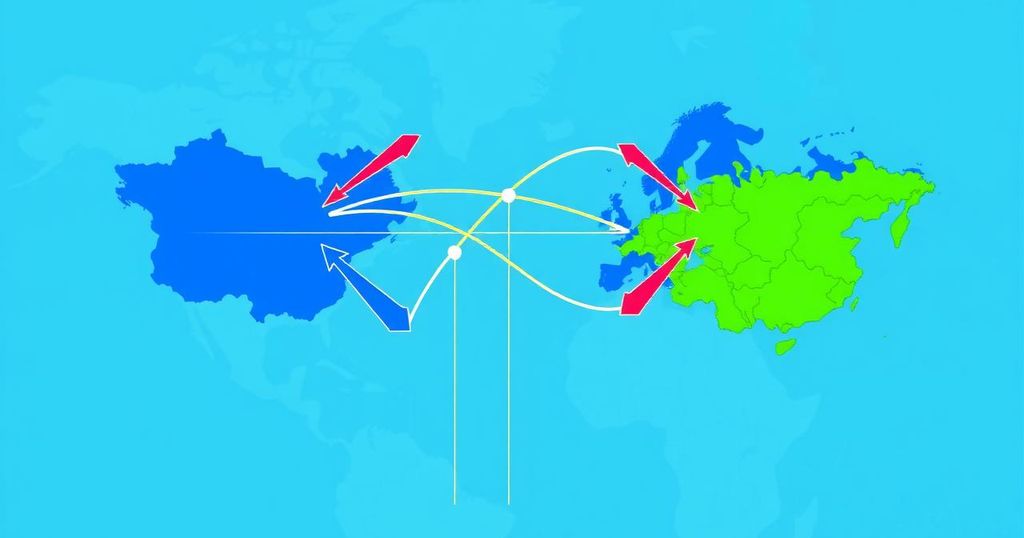Politics
AFRICA, AL, AL - QAIDA, ASIA, BRAZIL, BURKINA FASO, CHAD, CHINA, COUP, DEPAGNE, EUROPE, EUROPE/ASIA, EXTREMIST GROUPS, FRANCE, GEOFF, GEOFFROY JULIEN KOUAO, GULF, INTERNATIONAL CRISIS GROUP, IVORY COAST, KOUAO, MALI, MEXICO, MILITARY, MOROCCO, NIGER, NORTH AMERICA, REGIONAL COOPERATION, RI, RINALDO DEPAGNE, RUSSIA, SAHEL, SECURITY, SENEGAL, SOUTH AMERICA, TURKEY, WEST AFRICA
Omar El-Sharif
Ivory Coast and Senegal’s Request for French Troop Withdrawal: Implications for West Africa
Ivory Coast and Senegal have requested the withdrawal of French troops, marking the end of a longstanding military presence. Analysts attribute this shift to a desire for greater sovereignty and diversified international partnerships. Public opinion has turned critical of foreign military presence, echoing sentiments seen in the Sahel. The impact on regional security remains uncertain as other Western nations increase military assistance.
In a significant transformation of West Africa’s security dynamics, both Ivory Coast and Senegal have requested the withdrawal of French troops from their territories. This decision signals the culmination of a prolonged military presence that has lasted for decades, reflecting a shift in the approach of African nations towards establishing diverse international partnerships. Political analysts suggest that this move aligns with a broader trend among African leaders aiming to strengthen ties with various global partners, including emerging nations like China, Turkey, Brazil, and Gulf monarchies, as well as Russia.
The recent decisions by these coastal nations mirror similar actions taken by countries in the Sahel region, which have confronted persistent threats from jihadist groups affiliated with Islamic State and al-Qaida. After nearly a decade of French military operations failed to curb escalating violence in the Sahel, France initiated troop withdrawals from the region starting in 2022. Observers indicate that the populations of Senegal and Ivory Coast are increasingly motivated by a desire for sovereignty and are responding to public sentiment that favors ending foreign military presence.
Criticism of the French military presence has intensified among West African communities, with many viewing it as a remnant of colonialism. This mindset has fueled unfounded conspiracy theories alleging French support for terrorist factions. Rinaldo Depagne of the International Crisis Group cautions that the departure of French forces might not enhance security in Senegal and Ivory Coast, particularly as these nations face the spillover of terrorist activities from neighboring Sahel states. He proposes that foreign military withdrawals might have limited impact without addressing underlying political issues.
Furthermore, military analyst Andrew Lebovich highlights that although French troops are withdrawing, their involvement in training and collaboration with regional forces will persist. This indicates that while the nature of French military engagement is changing, it does not signify a complete cessation of post-colonial military influence. Other Western nations, including the United States, are also increasing military collaboration with West African countries, suggesting a complex landscape for security in the region moving forward.
The recent requests for French troop withdrawals by Ivory Coast and Senegal represent a pivotal moment in West Africa’s security policy and post-colonial relations. Historically, France has played a crucial role in regional military interventions, especially in combating terrorism in the Sahel. However, dissatisfaction with foreign military presence and a desire for enhanced sovereignty have prompted West African states to reconsider their security partnerships. This transition is emblematic of a broader trend in which African nations seek to diversify international alliances, reflecting a search for more autonomy and effective security solutions.
The withdrawal of French troops from Ivory Coast and Senegal marks a noteworthy shift in West Africa’s military landscape, reflecting a growing desire for sovereignty and a reevaluation of international relations among African nations. As sentiments against Western military presence rise, these coastal countries are aligning more closely with the evolving dynamics seen in the Sahel. While this change raises questions about future security strategies, it also hints at a broader pursuit among African states to form diverse partnerships beyond historical ties to former colonial powers.
Original Source: www.voanews.com








Post Comment